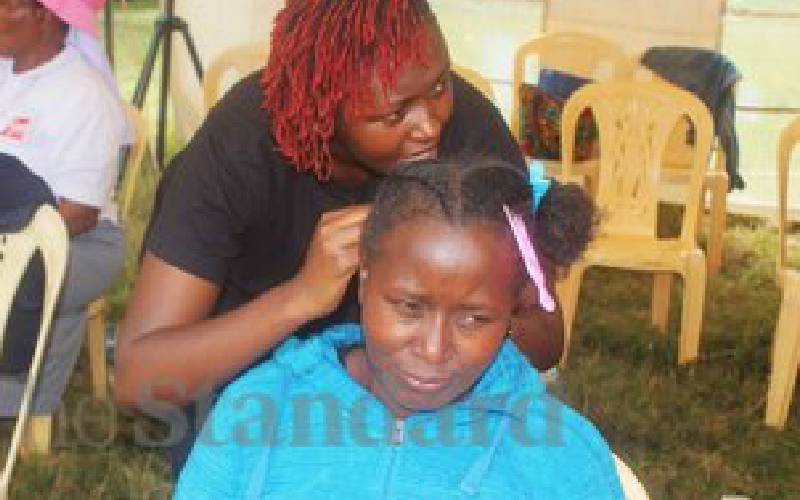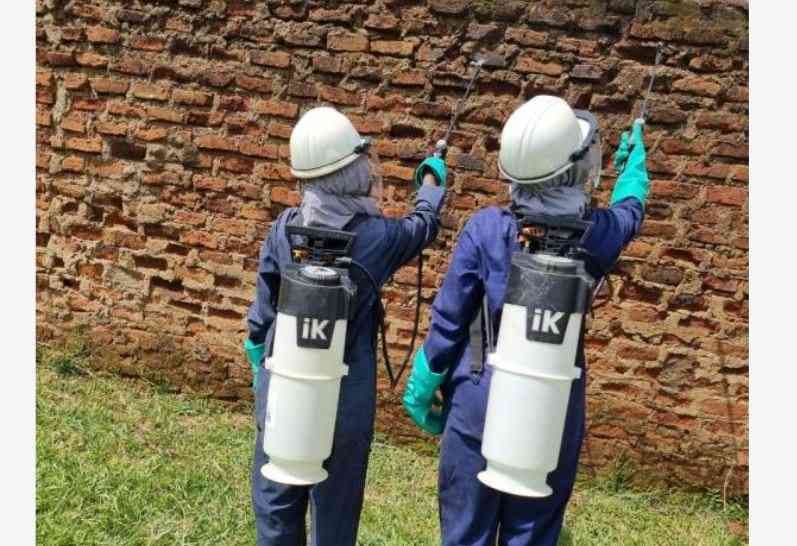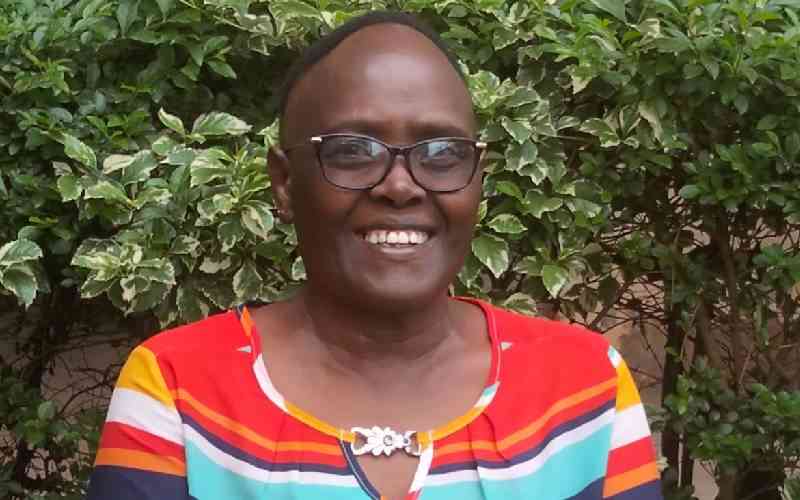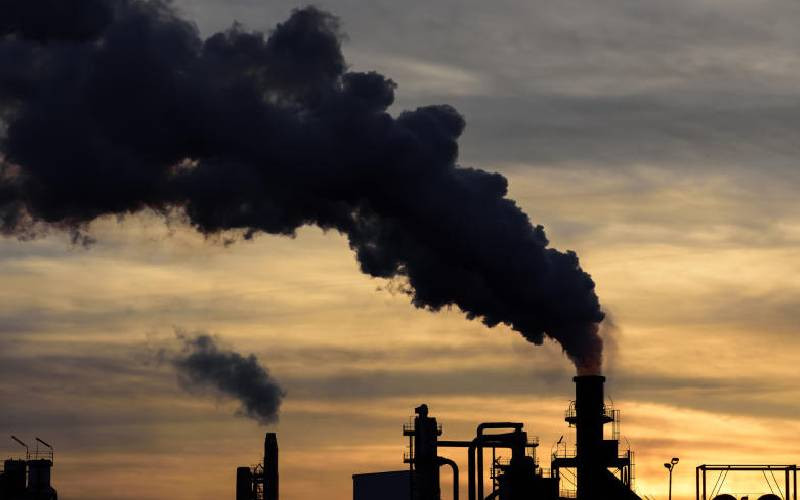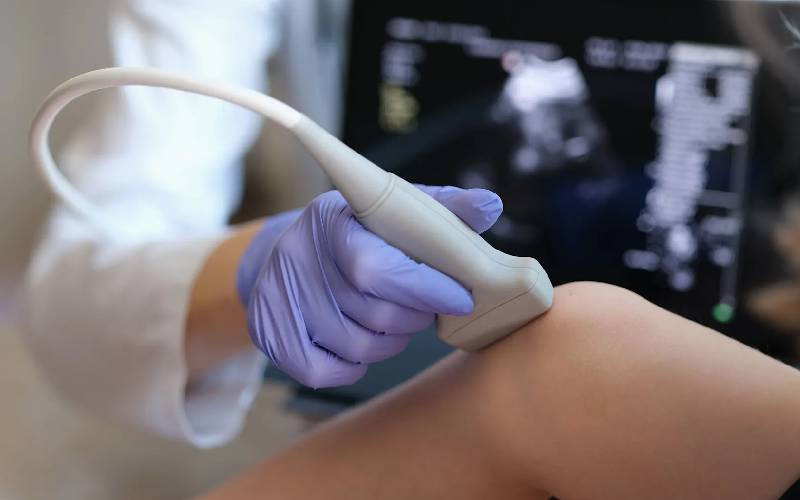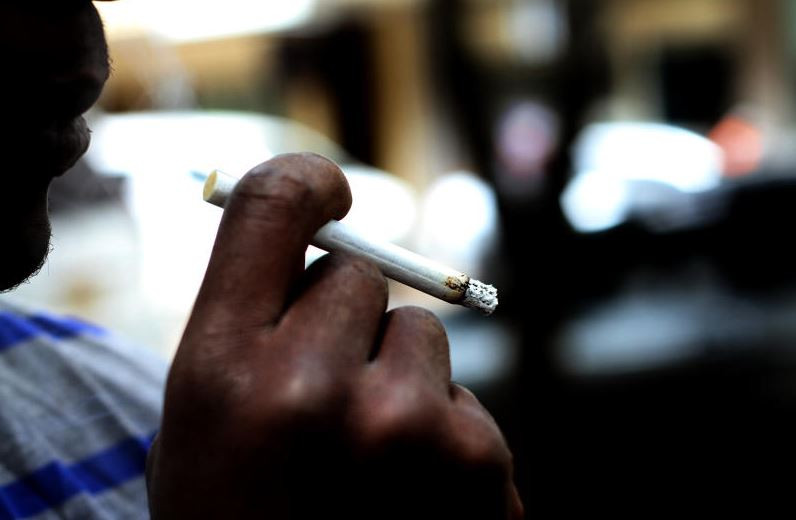
Cancer patients and health lobby groups have pleaded with the government to raise taxes on tobacco and nicotine products to sustainably finance Kenya's health sector.
They say the sector is chronically underfunded, and the government should reverse the rising burden of cancer and other non-communicable diseases (NCDs).
In a joint statement, the groups under the umbrella of National Taxpayers Association called for the excise tax on tobacco products to be increased to 70 per cent of the retail price or 75 per cent of total taxes, aligning Kenya with global best practice.
They argue that higher taxes would discourage tobacco use, reduce exposure to second-hand smoke, and generate predictable revenue that could be channelled directly into cancer treatment, universal health coverage, and NCD programs.
“Kenyans are dying because the healthcare system they pay into is failing them,” said Prisca Githuka, founder, Pink Heart Cancer Support Foundation.
Githuka regretted that majority of cancer patients because of failure access to healthcare as a result of financial strain.
“Every day of delay costs lives. The time for excuses is over, citizens deserve the affordable, accessible cancer care they have been promised and are paying for,” regretted Githuka.
According to Ministry of Health data, non-communicable diseases, including cancer, diabetes, cardiovascular disease and chronic respiratory illness, now account for nearly half of all hospital admissions and 39 per cent of deaths.
The World Health Organisation projects that by 2030, one in every two deaths in Kenya will be linked to NCDs, mirroring global trends.
Tobacco use is one of the five leading preventable risk factors driving the crisis.
Data from the Kenya Tobacco Control Data Initiative shows that 46 per cent of patients being treated for chronic respiratory disease, cardiovascular disease, diabetes and cancer have a history of tobacco use.
An estimated 12,000 Kenyans die annually from tobacco smoking.
Tobacco smoking is high among adolescents and university students, with nearly a quarter of young people exposed to second-hand smoke at home and almost half exposed at the workplace.
“Beyond its impact on health, tobacco is exacting a heavy economic toll,” said Ken Marau, Programs manager at International Institute for Legislative Affairs (IILA)
Marau added, “For every Sh129 collected in tobacco taxes, Kenya spends between Sh284 and Sh387 treating related illnesses – meaning the country loses up to twice as much as it earns.”
A 2024 analysis estimated that tobacco-related illnesses cost the country up to Sh97.6 billion annually in combined healthcare costs and lost productivity.
The average cost of treating a single cancer case stands at about Sh3 million, a figure far beyond the reach of most Kenyan households.
Sadly, the fund is yet to be fully operationalise, leaving families to cover high costs out of pocket.
In the current financial year, the Primary Health Care Fund received Sh4.1 billion against a requirement of Sh61 billion, while ECCIF was allocated just Sh2 billion despite a need for Sh107 billion.
The National Cancer Control Strategy 2023–2027 requires Sh49.2 billion for full implementation, yet less than 10 per cent of this amount has been consistently allocated.
Kenya currently allocates only about three per cent of its total budget to health, far below the 15 per cent commitment made under the Abuja Declaration of 2001.
Patients decry financial gap within SHA system. ECCIF under the new health scheme was meant to cushion patients once they exhaust their Social Health Insurance Fund (SHIF) benefits.
Cancer patients say these funding gaps translate to real struggles.
“Cancer patients pay out of pocket. They default on treatment only to end up dying,” regretted Mary Nafula, cancer survivor.
The lobby group described the oncology package of Sh550,000 as grossly inadequate, with treatment costs far exceeding what is covered.
Some patients, they said, are unable to access ECCIF funds at all due to unclear procedures, while others encounter system errors that mark their accounts as “expired” or “depleted” despite having paid valid premiums.
“ECCIF is not functional. Patients get to SHA accredited facilities only to find essential cancer drugs out of stock, forcing them to buy medication from private pharmacies at unaffordable prices,” said Nafula.
The lipa pole pole premium announced by President William Ruto to enable non-salaried Kenyans to pay their annual premiums, they say is also not effective.
Majority of patients, they say, already suffer financial strain coupled with high cost of treatment, making it hard for them to acquire loans to pay health premiums.
The lobby group therefore advocates for increased tobacco taxes, saying it could be a game-changer for both prevention and care.
The WHO Framework Convention on Tobacco Control recommends that excise tax on tobacco products account for at least 70 per cent of the retail price or 75 per cent of total taxes, yet Kenya’s excise tax share is currently below 20 per cent.
By raising taxes, the government would reduce tobacco consumption, save lives, and generate much-needed funds for the health sector.
The group is also calling on the National Assembly to pass the Tobacco Control Act Amendment Bill, 2024, and for the Kenya Revenue Authority to enforce tax collection and clamp down on illicit trade in tobacco and nicotine products.
They are urging the Ministry of Health to stock essential cancer and palliative care drugs in all SHA-accredited facilities, expand the oncology package to reflect actual treatment costs, gazette SHIF benefit increases to make them legally binding, and address the technical and administrative failures within the SHA system that are delaying or denying care.
“Raising tobacco taxes is a win-win solution — reducing tobacco use, saving lives, and providing predictable revenue to fund cancer and NCD care,” said Robert Marine, Executive director, Champions for Hope Kenya.
 The Standard Group Plc is a multi-media organization with investments in media
platforms spanning newspaper print
operations, television, radio broadcasting, digital and online services. The
Standard Group is recognized as a
leading multi-media house in Kenya with a key influence in matters of national
and international interest.
The Standard Group Plc is a multi-media organization with investments in media
platforms spanning newspaper print
operations, television, radio broadcasting, digital and online services. The
Standard Group is recognized as a
leading multi-media house in Kenya with a key influence in matters of national
and international interest.

